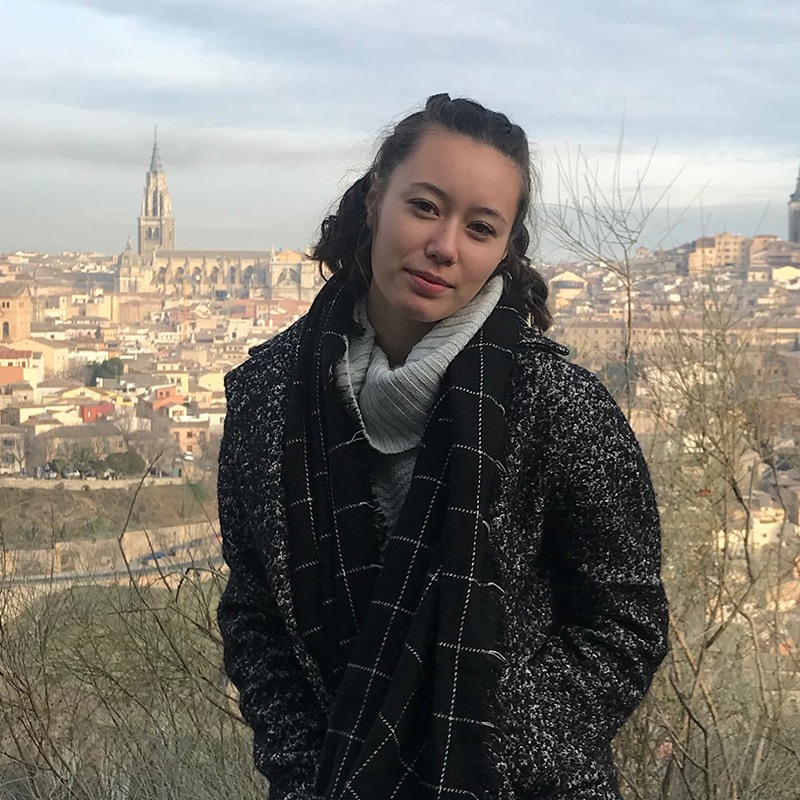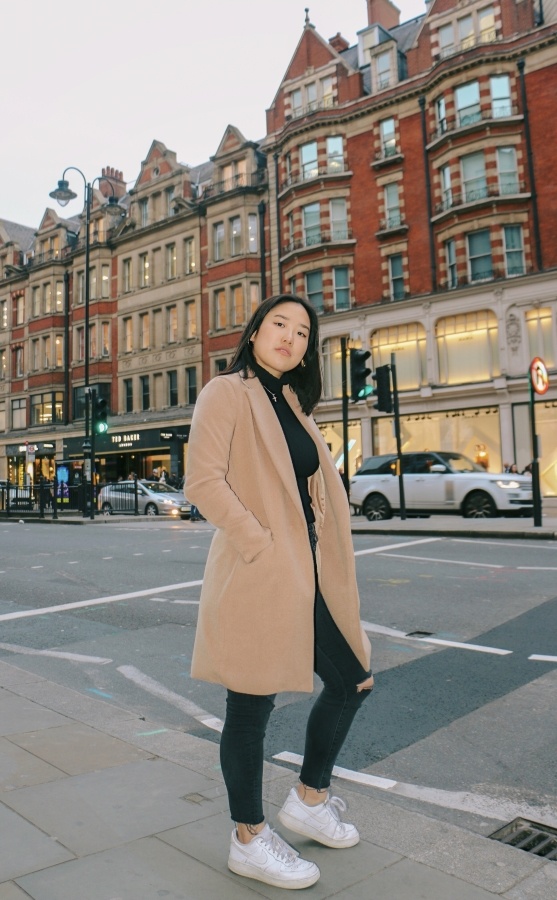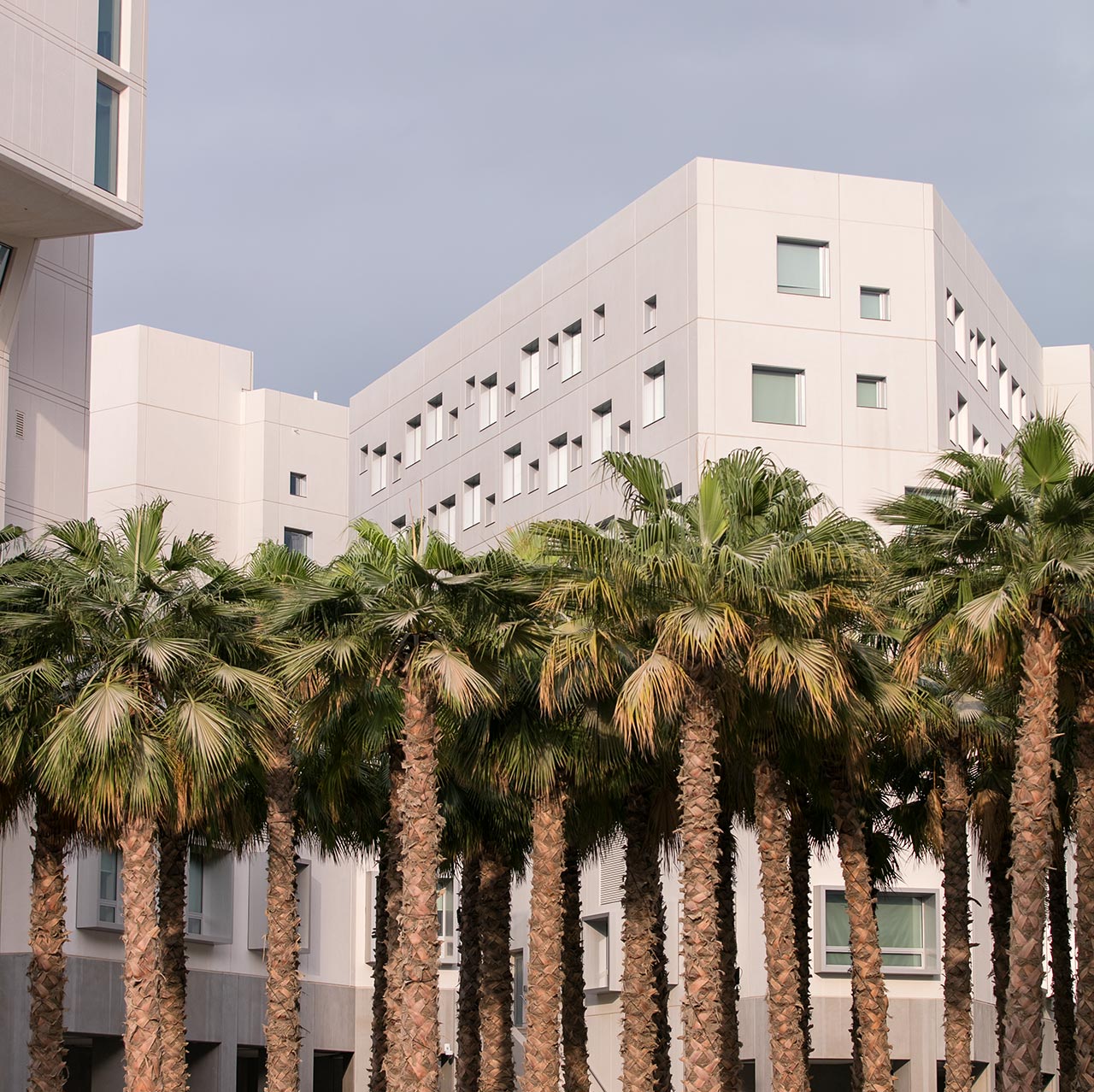Published February 11, 2021
Navigating Study Away
Coming into college, I wasn’t sure of much. I loved big urban schools. But I also loved small liberal arts schools. On top of that, I was looking at Global Business, Medical Humanities, and Public Health programs.
Still, I was sure of one thing. I knew I wanted to study away a lot. I knew I wanted to learn about the world by being in the world. And I discovered that study away is more complicated than I thought.
There’s different kinds of programs. Sometimes, it’s not always easy to understand the benefits of each. Well, I’m here to break it down.
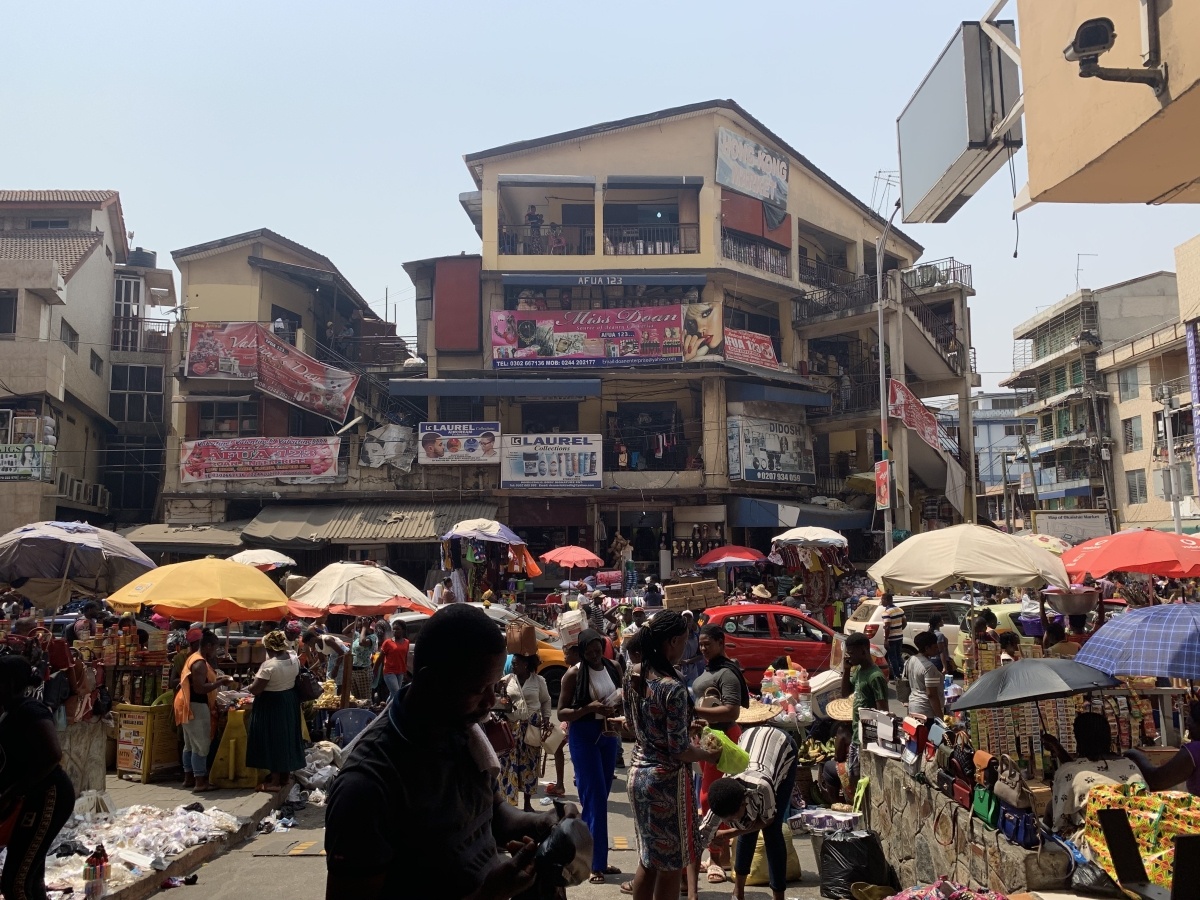
Types of Study Away Programs
1. Exchange Programs
This is when your university and a university elsewhere have an agreement with each other. In this case, you are a student at that university for a semester. While sometimes you are with other international students, this is not always the case. Usually, there is already an understanding for how credit is given for classes.
2. Satellite Campuses
These campuses are branches of your university. Therefore, professors, classes, students, and student life are all part of your university. Thus, all classes go directly on your transcript, with full credit.
3. Third-Party Sponsored Programs
These are programs run by outside organizations like CIEE. Sometimes, they are satellite campuses. Sometimes they are exchange programs. Importantly, they are not directly affiliated with your school. Rather, you will work out with your school how credit is given for classes.

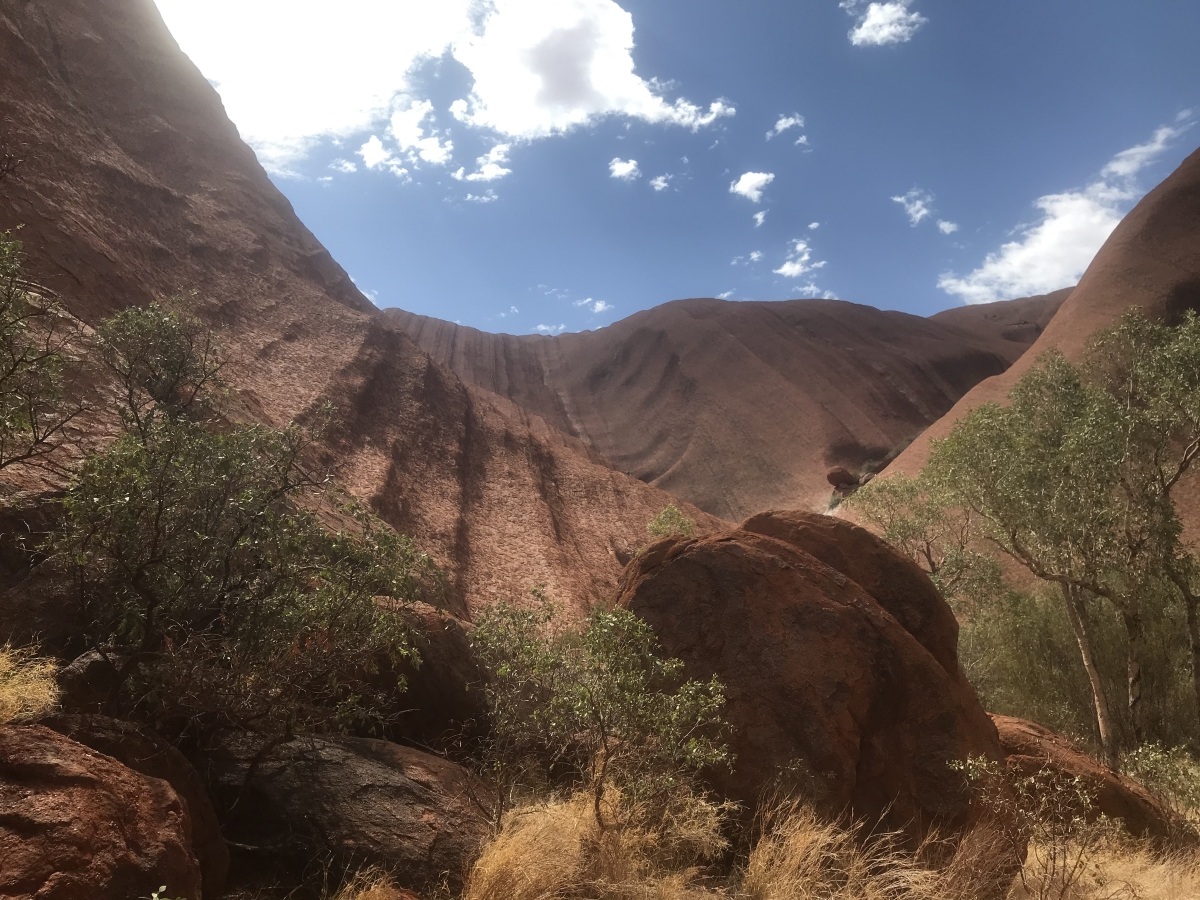
So what makes NYU different?
NYU students have access to all three different kinds of programs. Even so, third-party programs are rarely needed. We have a robust international exchange program . This program includes global universities such as Trinity College in Dublin and Yonsei University in Seoul. In fact, my roommate studied at Trinity. She was able to create a strong community with the locals there. On top of that, she was able to learn from a completely different perspective.
However, most students will choose to study away at one of NYU’s 15 satellite campuses. Notably, this is unusual, as most schools will only have one or two satellite campuses. This is what attracted me to NYU, over any other study away programs.
What sets satellite campuses apart?
1. Classes
This is the main appeal of satellite campuses. All class credits go directly on your transcript. Moreover, they can count towards a major, minor, or core requirement.
For example, I took 5/6 Global Public Health requirements abroad; 2 courses for my Anthropology major; and 2 courses for my Middle Eastern and Islamic Studies minor.
This makes it so much easier to study abroad and graduate on time. It also makes it easier to study away multiple times. Namely, I’ve studied in Abu Dhabi, Sydney, & Ghana. As a Presidential Honors Scholar, I have also gone to Florence and Madrid on winter breaks!
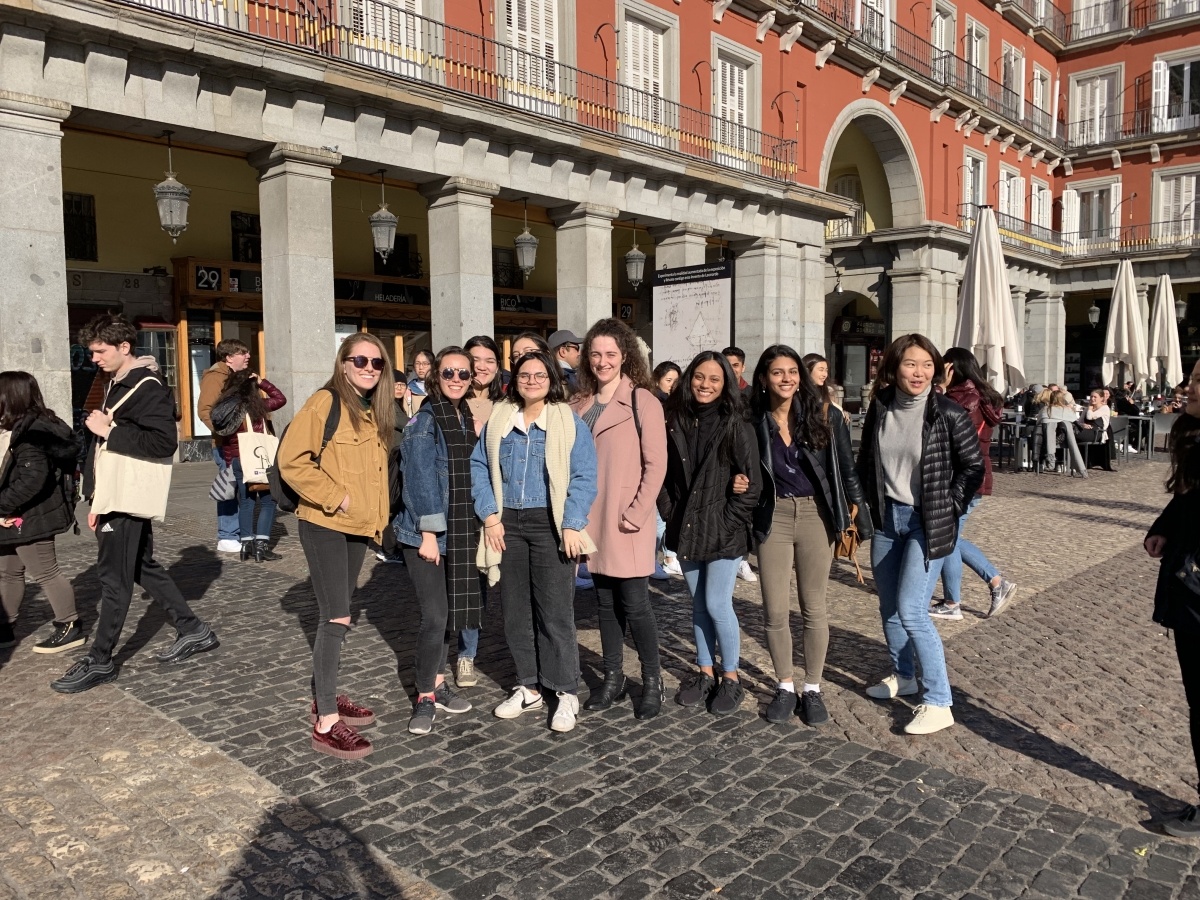
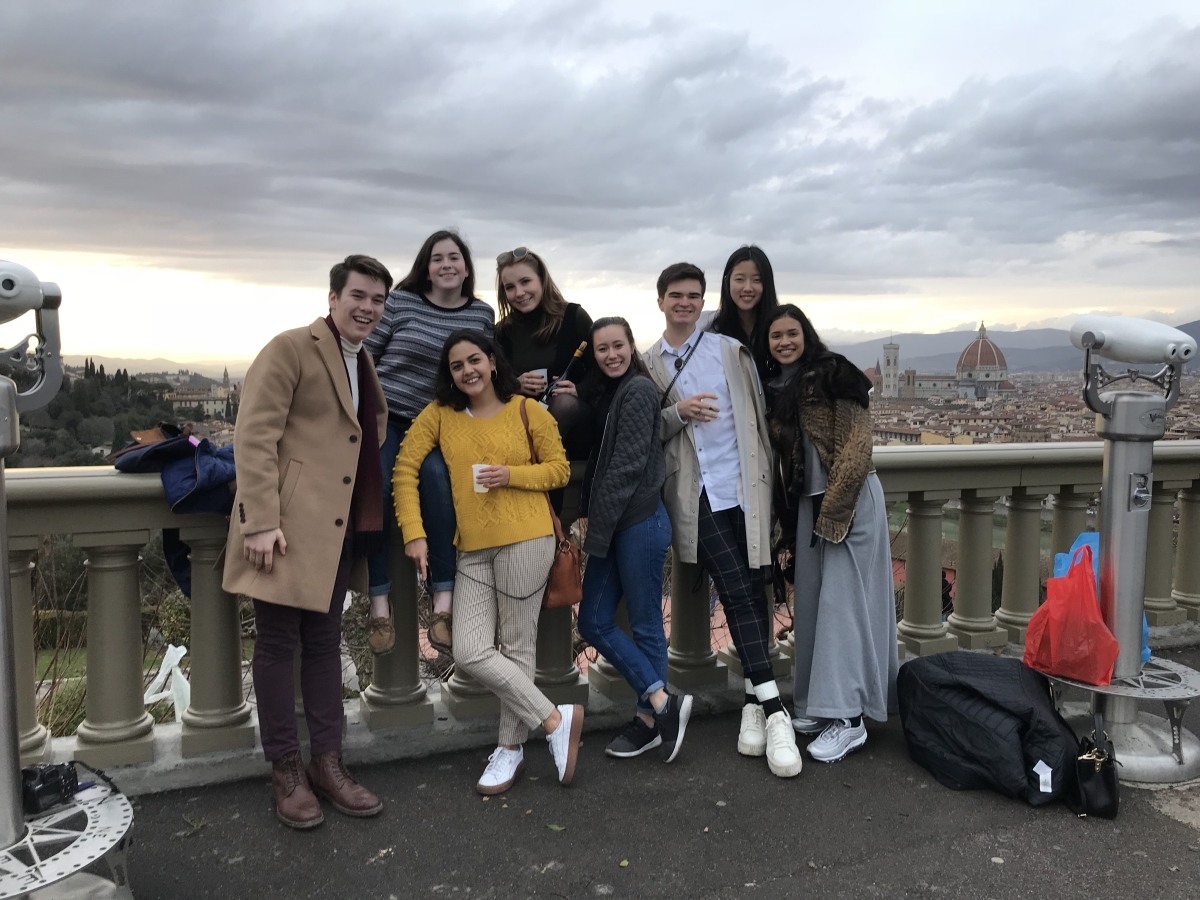
2. Resume-Building
Most NYU global sites allow students to work on or off campus. In addition to jobs, you are able to get a for-credit or not-for-credit internships. You can also do research with a professor.
Each semester I’ve been abroad, I have had something to add to my resume. This included working in Abu Dhabi, at a dance studio. On top of that, I had internships in Sydney & Accra. Finally, I also worked as a Global Equity Fellow, in Sydney.
3. Student Life Support
There is an entire Student Life staff, at each NYU site. They are entirely dedicated to teaching you about the culture of the country or city you are in. More importantly, they support you through any hardships. Also, they often provide you with free food. (Free food is incredibly important to NYU students).
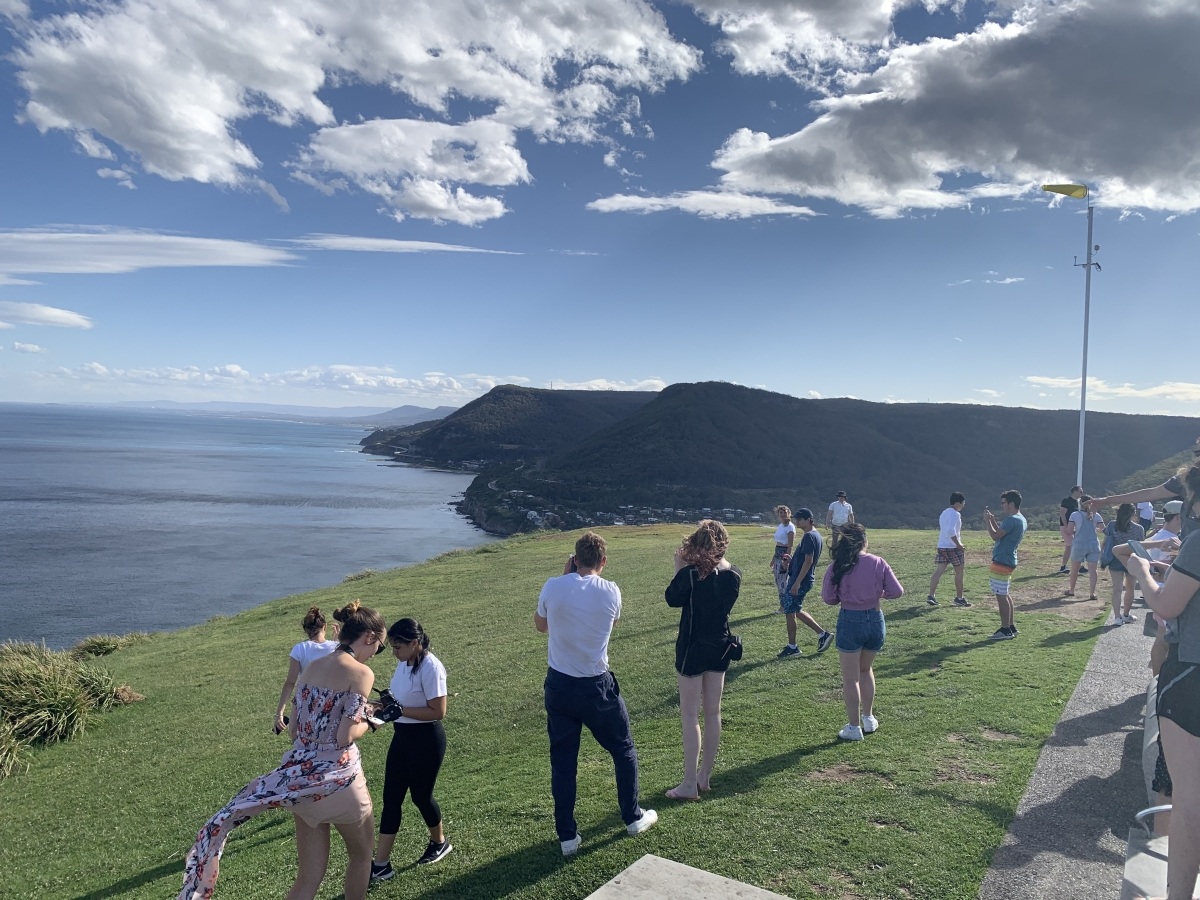
4. Continuity with NYU Home Base
The best thing about studying away is being able to take it home with you! For example, your community of friends will (mostly) be coming back home with you.
Also, there are leadership positions available back home, such as being a Peer Mentor. Or, like me, you could continue your academic & professional career using knowledge gained from study away!
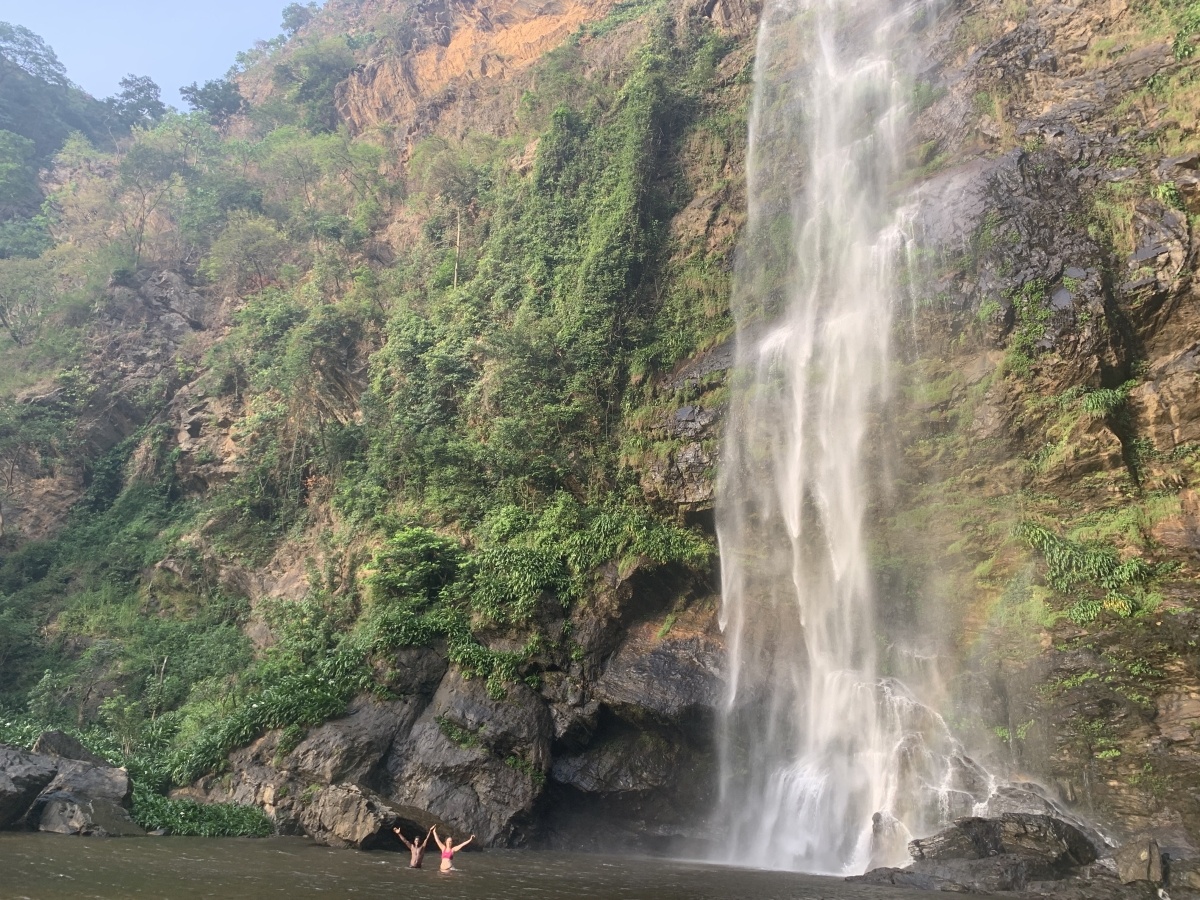
How Study Away Shaped Me
Each semester I spent abroad has changed the course of my academic and professional career.
After going to Abu Dhabi, I started learning Arabic and declared my minor in Middle Eastern and Islamic Studies. From that semester, I transferred two classes I took in Abu Dhabi to this minor.
After Sydney, I decided to do my senior honors thesis in Anthropology on the health of Aboriginal Australians.
After Accra, I got an internship at a non-profit specializing in health advocacy in Africa.
So now the only question is: how could study away shape you?
